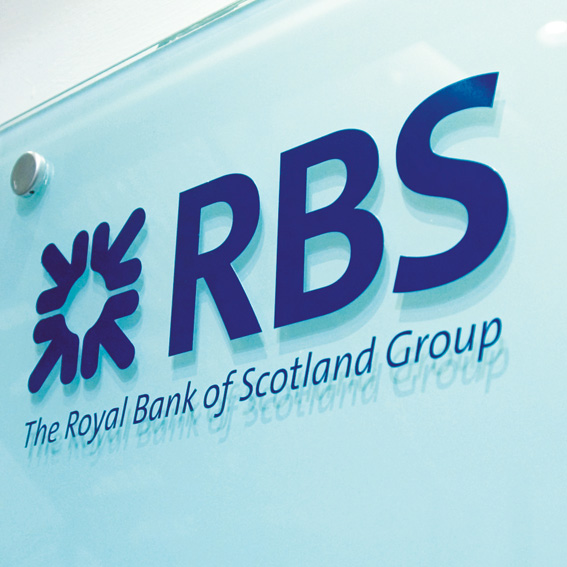News
RBS fails stress test but ‘no need for customers to panic’

Guest Author:
Paloma KubiakThe Royal Bank of Scotland has failed a Bank of England stress test, but there’s no need for customers to panic.
The stress tests examine how well seven of the UK’s biggest banks would cope during an economic crash.
Based on balance sheets at the end of 2015, majority taxpayer-owned RBS was the only bank to fail and was told to draw up a revised capital plan, which it has subsequently done.
Barclays and Standard Chartered did not meet certain aspects of the stress test, but they were not asked to submit a revised capital plan.
RBS in no immediate danger
Laith Khalaf, senior analyst at Hargreaves Lansdown, said the results show RBS is still the “weak link in the UK banking chain”, almost a decade after the financial crisis came close to wiping it out.
“On the face of it the bank currently has a high capital buffer, but the 2016 stress test reveals that under extremely severe economic conditions, that would quickly be eroded.

Wellness and wellbeing holidays: Travel insurance is essential for your peace of mind
Out of the pandemic lockdowns, there’s a greater emphasis on wellbeing and wellness, with
Sponsored by Post Office
“However, RBS is in no immediate danger, barring a repeat of something akin to the financial crisis, and it’s important to bear in mind that the 2016 stress test uses an extremely severe economic scenario to challenge the resilience of the UK banks to financial shocks.
“The good news from the stress test is the regulator believes that as a whole the UK banking system is in a good position to weather a particularly nasty economic storm.”
Should RBS savers be concerned?
Hannah Maundrell, editor in chief of money.co.uk, said RBS customers shouldn’t panic as their cash is still safe.
“RBS aren’t in trouble now, it’s a check up to make sure they could sail through another financial crisis unscathed,” she said. “The Bank of England’s stress test is a hypothetical situation and there is no guarantee the economy will move into these murky waters. It’s true the banking giant didn’t stand up against the doomsday test as well as hoped, but thankfully we’re far away from that scenario at the moment.”
She said the stress test is a good reminder to make sure your money is fully protected so if you’ve got over £75,000 in savings or current accounts check all of your cash is covered by the FSCS just in case.
“If you do have more than this in one bank account, spread your eggs a little more and enjoy this protection across more than one banking group,” she said.
What it means for investors
The stress tests assume a 2008-style financial crisis, a scenario the market is far from at the moment. So there is no immediate concern for investors.
But what they do highlight is banks may have to cut or scrap dividend payments during a period of economic stress.
“The health of UK banks is important to investors as they represent 14% of aggregate FTSE 100 dividends,” said Russ Mould, investment director at AJ Bell.
“The Bank of England’s tests assume, in a most extreme case, that RBS holds its dividend at zero and Barclays, Lloyds and Standard Chartered cut their payments to nil. The scenario also assumes HSBC cuts its shareholder pay-out by around three-quarters, cutting its prospective dividend yield from 6.3% to around 1.7%.
“Whilst this is an extreme scenario, it does highlight the importance of banks financial health to retail investors as Lloyds, Barclays and HSBC in particular are consistently amongst the most popular share purchases via our platform.”